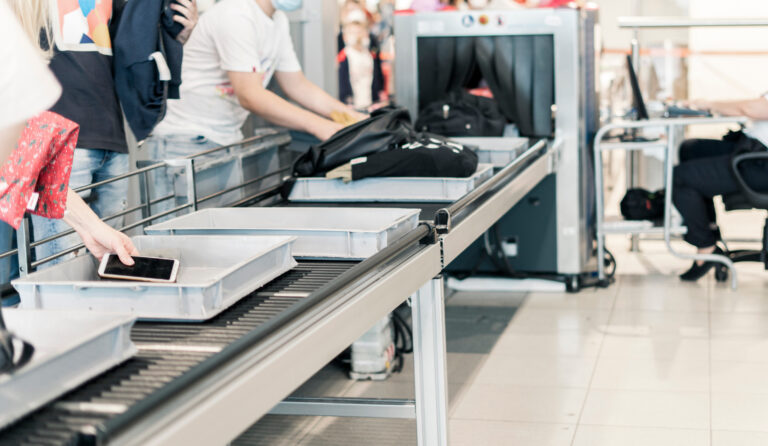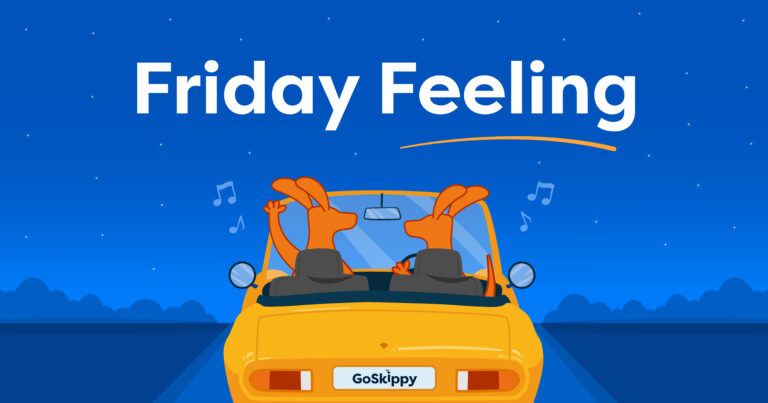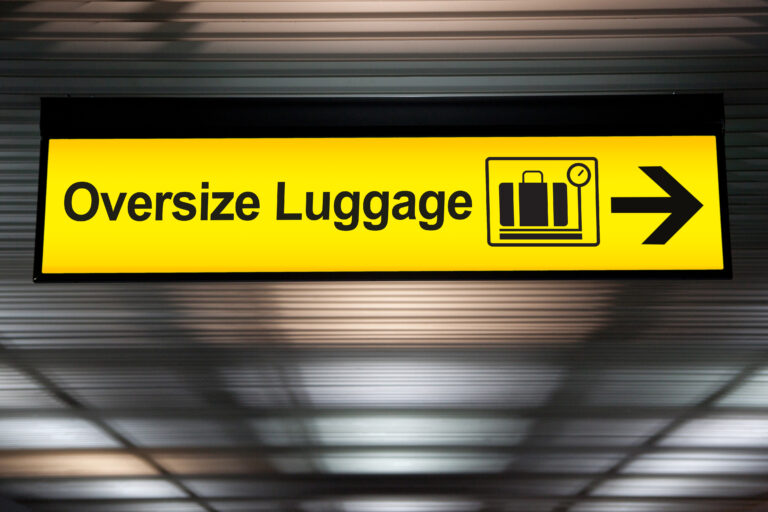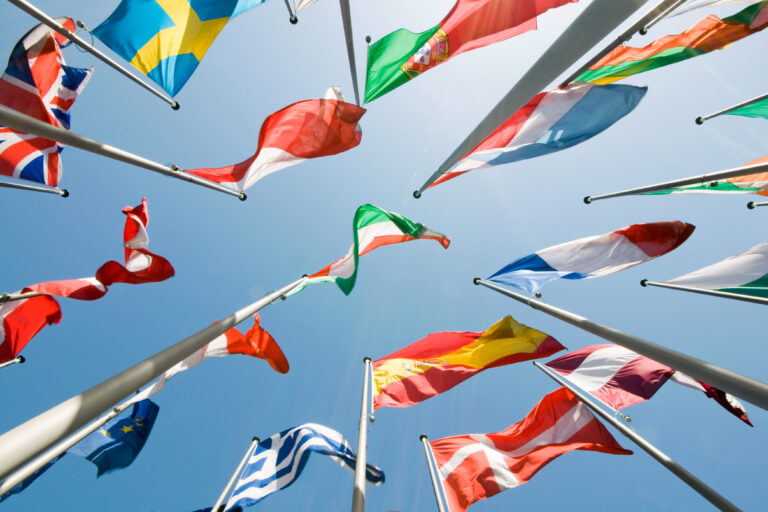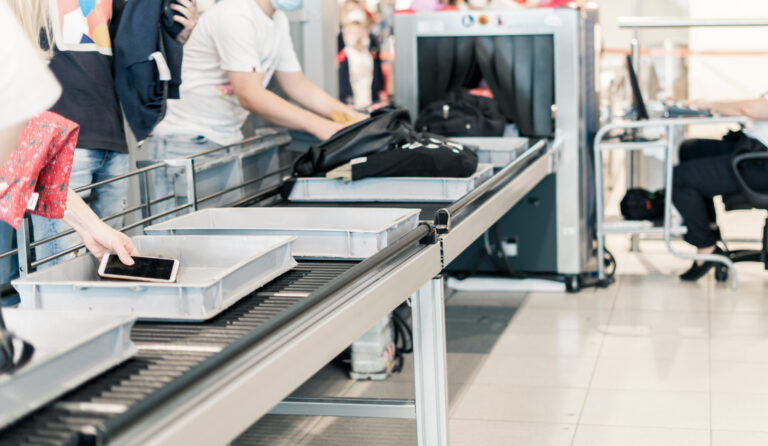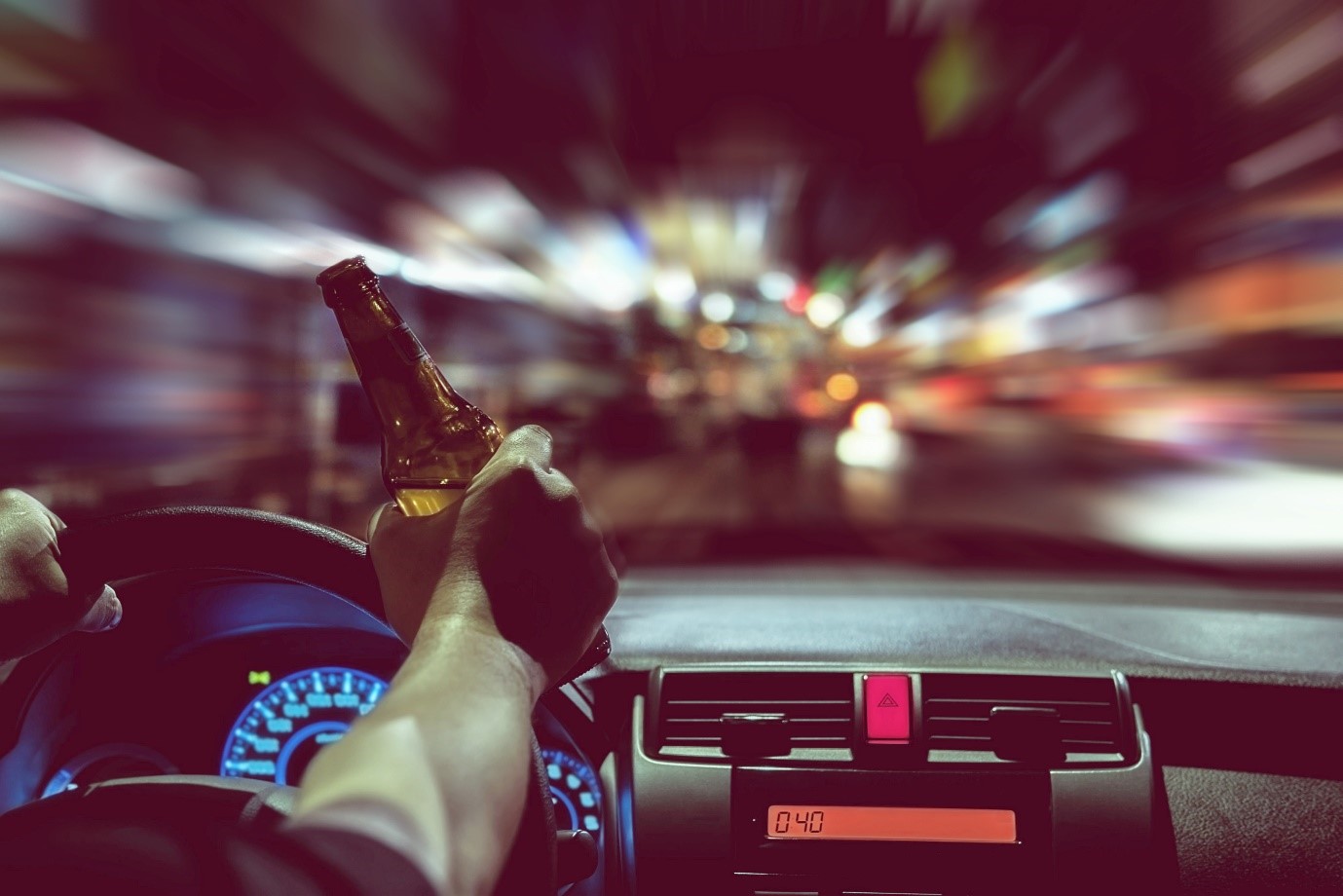
Can I Drink and Still Drive?
Christmas is the time for celebrating with friends and family. Often, that involves having a few drinks. Some people might be tempted to skip the cost of a taxi and just risk driving instead, but there’s a few reasons this is a terrible idea.
When it comes to your driving, alcohol can give you a false sense of confidence, and lead to risk taking behaviour [1]. Alcohol also reduces your reaction times and lowers your inhibitions. All of this combined, increases the risk being involved in an accident. Which is why there are laws regarding drink driving.
In 2022, there was an estimated 300 fatalities from road traffic accidents in Great Britain, involving at least one driver exceeding the drink-drive limit[2].
Many people have heard ‘just one pint’ is fine to drive on. This is not true. Here we look at the question: Can I Drink and Still Drive?
The Highway Code
Rule 95 of the Highway code simply states, “Do not drink and drive”.
For England, Wales and Northern Ireland, individuals must not drive with a breath alcohol level higher than 35mg per 100ml of breath or a blood alcohol level of more than 80mg per 100ml of blood.
However, for Scotland rules are even stricter. The legal limit there is no more than 22mg of alcohol per 100ml of breath or a blood alcohol level of more than 50mg per 100ml of blood [3].
The myth of units
Many people try and measure how much they’ve drunk through units. Despite many people thinking otherwise, blood and breath alcohol cannot reliably be counted by the number of units or pints you’ve had. This is because of how the body processes alcohol differs from person to person. How you process alcohol can depend on a whole number of factors, including:
- Age: Those who are younger tend to have a lower alcohol tolerance.
- Weight/Size: The smaller you are, the lower your body volume is likely to be and therefore alcohol is more likely to affect you.
- Gender: Women are typically smaller than men, with more body fat and less water. So drinking the same amount of alcohol is likely to result in a higher blood to alcohol level.
- Food intake: Food in your stomach can tend to slow down the rate that alcohol is absorbed into your body.
- Water intake: Dehydration can lead to a higher concentration of alcohol in the blood.
How many people are caught drink driving?
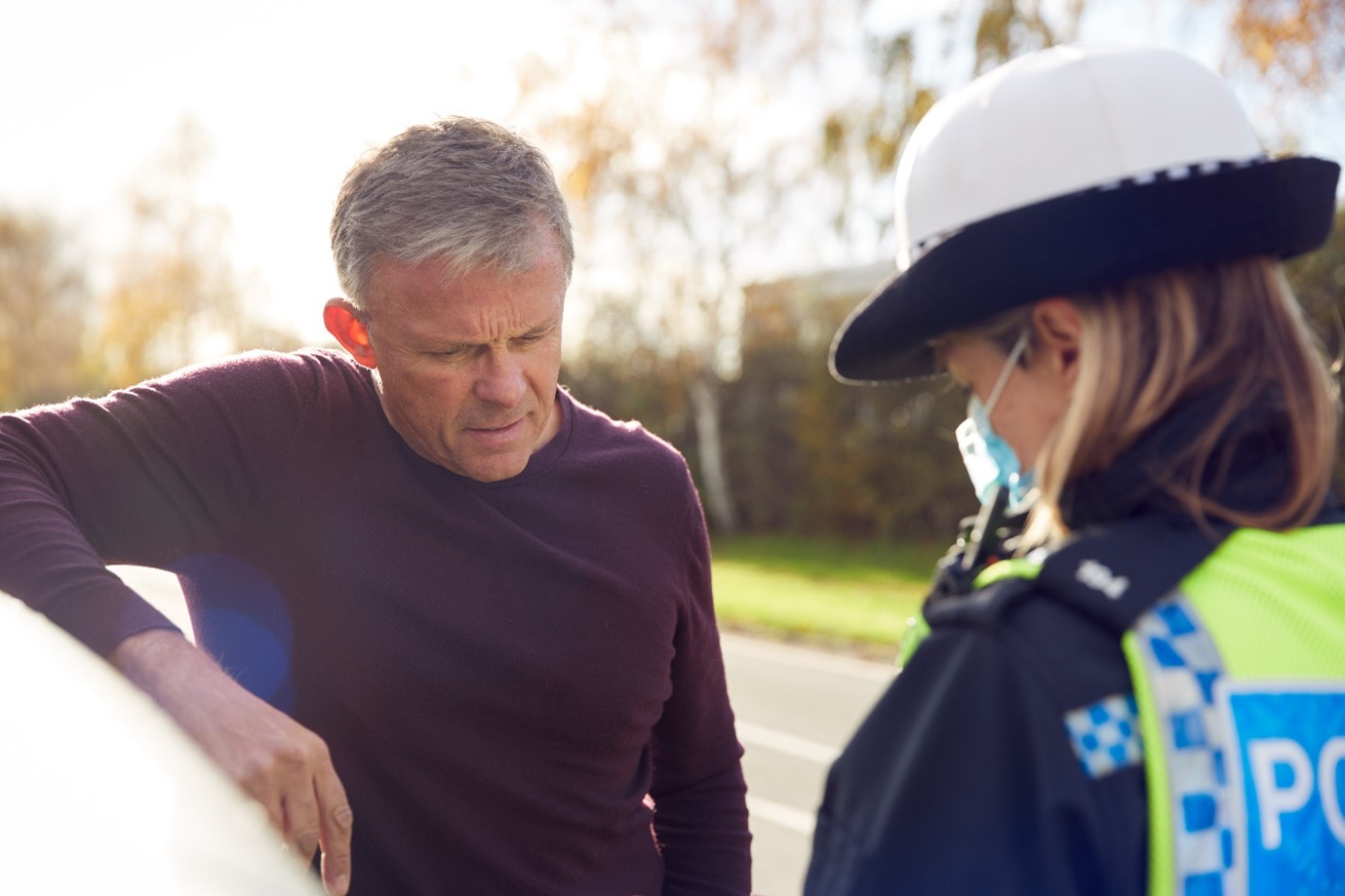
As drink driving is more common in the festive season, police forces across the UK tend to introduce their drink and drug drive campaigns throughout December. This means they are more likely to randomly stop drivers to breathalyse them. The data from this national campaign found that in December 2022 across the UK, 6616 arrests were made with 1589 being charged with drink and drug driving[4]. Pubs across the country joined in on the campaign offering free soft drinks to the ‘designated driver’[5].
Tips for driving in the festive season
So how can you tackle this? Some useful tips for staying safe and legal over the festive period include:
- Plan ahead, book a taxi in advance or plan a lift.
- If you’re unable to get a lift, decide on a designated driver for the night.
- If you are driving, try some alcohol-free alternatives. Many bars and pubs now offer mocktails as well as alcohol free wine and beer.
Beware of the morning after…
Remember that drinking can still have an impact on your body and driving ability the next day. On average, alcohol is removed from the body at a rate of one unit per hour. However, this again varies between individuals based on their size, gender, food intake, state of liver and metabolism [6]. Make sure you wait the correct amount of time before getting behind the wheel again.
Penalties
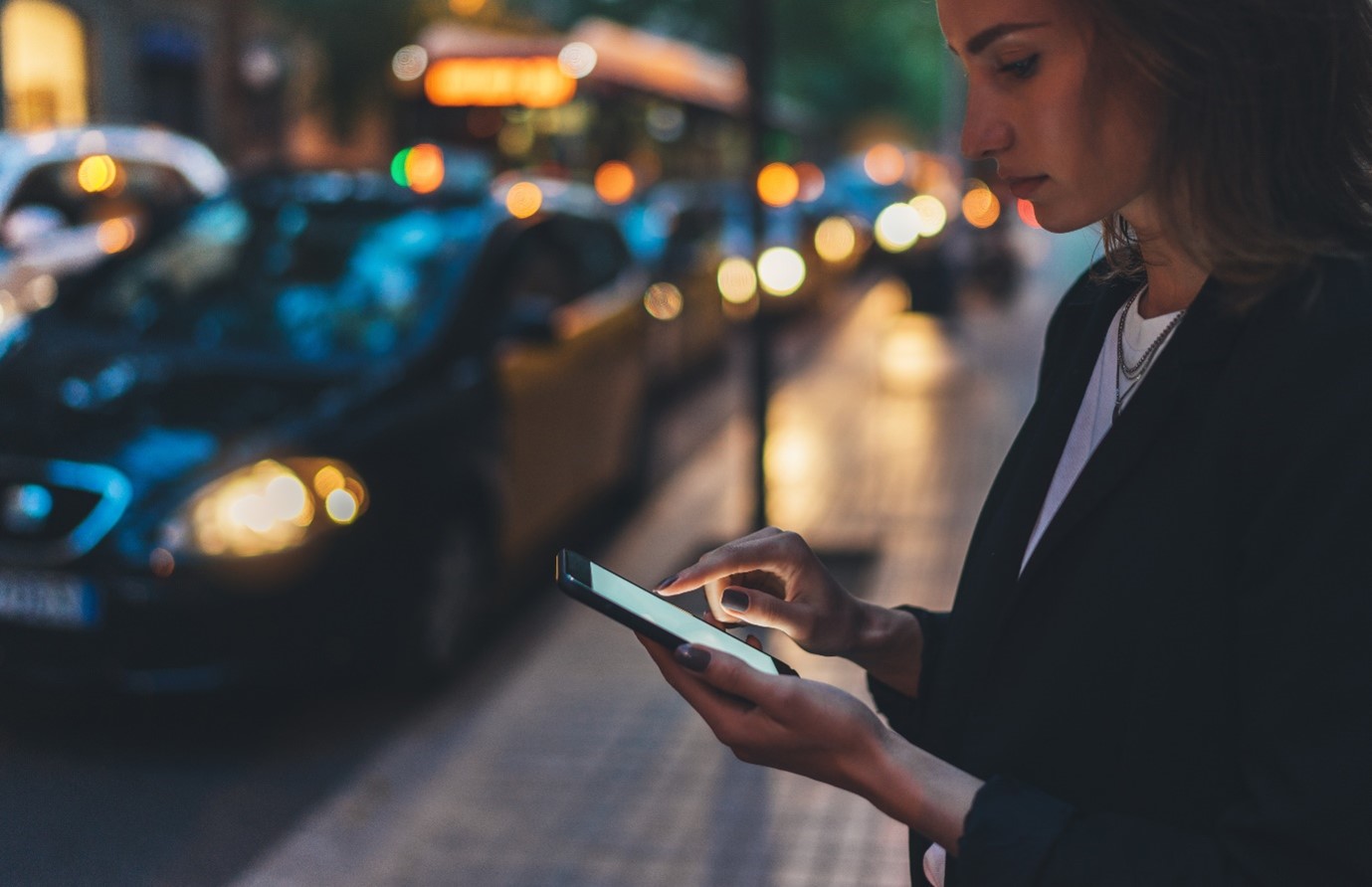
Not only does driving under the influence (DUI) pose a serious risk to yourself and others on the road, it also comes with serious penalties, including:
- Up to six months in prison
- An unlimited fine
- A driving ban of at least 12 months, or three years if you’ve been convicted twice in 10 years
- A court referral to take a drink-drive rehabilitation course.
However, if you cause death by drink driving you could receive:
- 14 years in prison
- An unlimited fine
- A driving ban for at least two years
- An extended driving test before you could get your driving licence back. [7]
This will also have an impact on being able to get insured. Though it’s not impossible to get car insurance with a DUI on record, it is likely to be more difficult and expensive. This is because you’re seen as a greater risk of having an accident and making a claim.
So how much can you drink and still legally drive? The most sensible answer would be don’t drink at all!
Enjoyed this blog? Check out our article on 5 Tips for Driving at Night.
